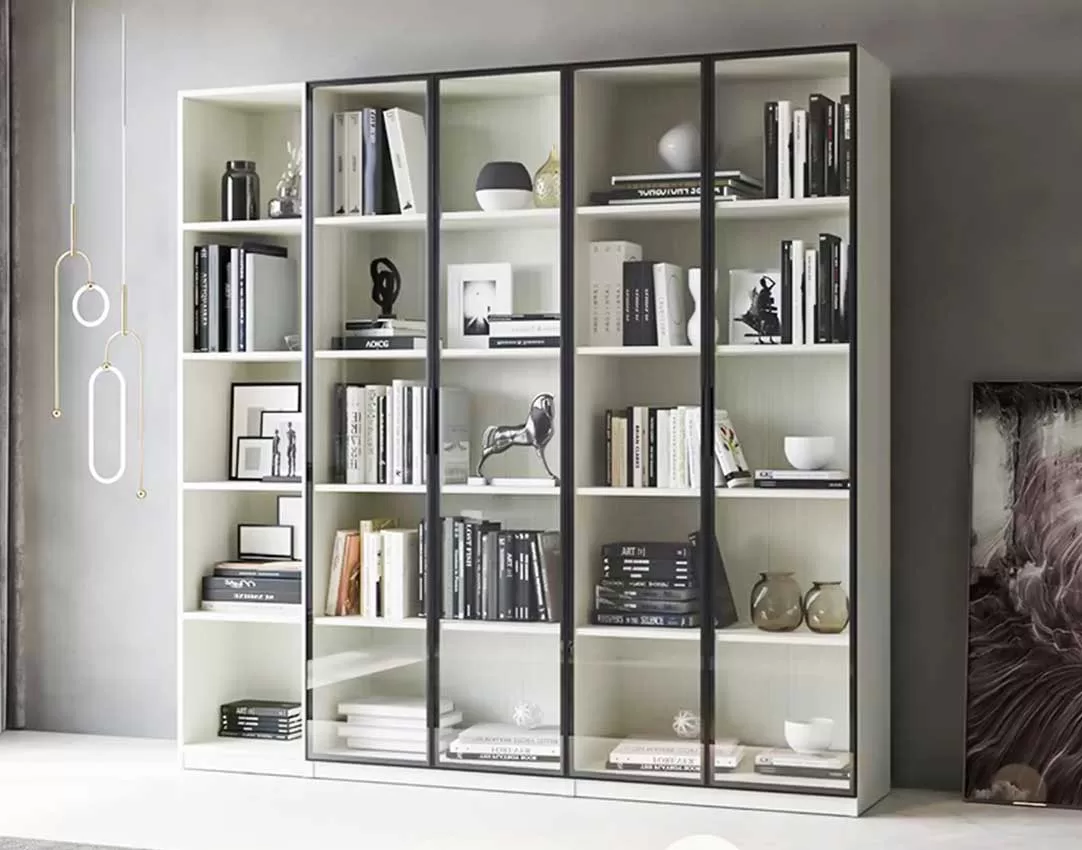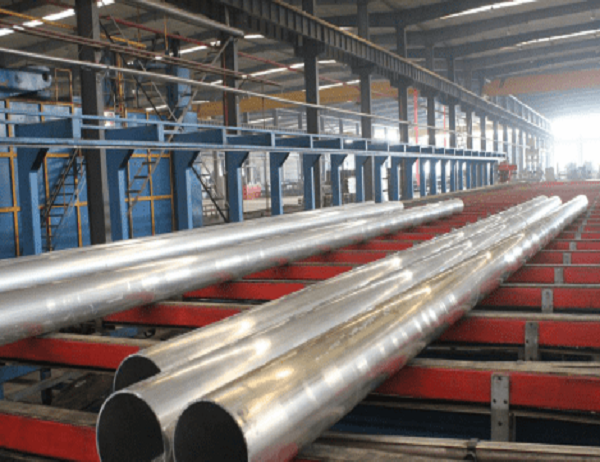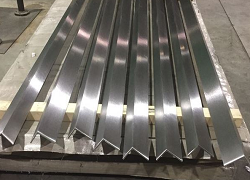Solar panels are an essential component of renewable energy systems, providing a clean and sustainable source of electricity. These panels are generally made up of photovoltaic cells that convert sunlight into electricity. However, the performance and longevity of solar panels can be greatly influenced by the frames that support them. Aluminum solar frames play a crucial role in enhancing the durability of solar panels by offering several advantages.
Corrosion Resistance
One of the most significant benefits of aluminum solar frames is their exceptional corrosion resistance. Aluminum is a highly corrosion-resistant metal that forms a protective oxide layer on its surface when exposed to oxygen. This layer prevents the metal from further oxidation and degradation, making aluminum frames highly durable in various outdoor environments. Solar panels installed in coastal areas, for instance, can be exposed to harsh saline conditions, which can quickly corrode steel or iron frames. Aluminum frames, on the other hand, can withstand such conditions without compromising their structural integrity or appearance.
Mechanical Strength and Durability
Aluminum is a lightweight but robust metal with a high strength-to-weight ratio. Aluminum solar frames are engineered to withstand the mechanical stresses and loads that solar panels encounter during their operation and transportation. These stresses may include wind loads, snow loads, and vibrations caused by wind or nearby machinery. The rigidity and strength of aluminum frames help to prevent bending, warping, or other damage to the solar panels, ensuring their optimal performance and longevity.
Thermal Conductivity
Aluminum has relatively high thermal conductivity, which helps to dissipate heat from the solar panels. Solar panels generate heat during operation, especially in hot climates. If this heat is not adequately managed, it can lead to decreased efficiency and reduced panel life. Aluminum frames act as heat sinks, drawing heat away from the solar cells and dissipating it into the surrounding environment. This helps to maintain optimal operating temperatures for the solar panels, maximizing their efficiency and extending their lifespan.
Low Maintenance
Aluminum solar frames require minimal maintenance compared to frames made of other materials. Aluminum’s corrosion resistance and durability make it highly resistant to rust, chipping, or peeling. This reduces the need for regular painting or other protective treatments, saving both time and money. The smooth, non-porous surface of aluminum frames also makes them less prone to dirt and grime accumulation, further reducing maintenance requirements.
Aesthetics and Versatility
In addition to their functional benefits, aluminum solar frames also offer aesthetic and versatile options. Aluminum can be anodized in a wide range of colors, allowing for customization to match the architectural design or surrounding environment. The lightweight nature of aluminum makes it easy to handle and install, adapting to various roof shapes and mounting configurations. Aluminum frames can also be seamlessly integrated with other building components, such as roofing systems, to create a visually appealing and cohesive appearance.
Conclusion
Aluminum solar frames play a significant role in enhancing the durability of solar panels. Their corrosion resistance, mechanical strength, thermal conductivity, low maintenance requirements, and aesthetic versatility make them an ideal choice for protecting and supporting solar panels in various outdoor environments. By choosing aluminum frames, homeowners and businesses can ensure the optimal performance, longevity, and reliability of their solar energy systems, maximizing their investment in sustainable energy solutions.



